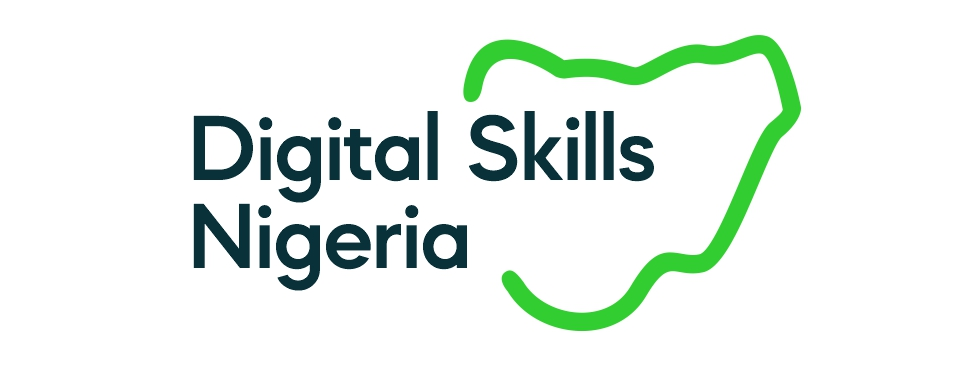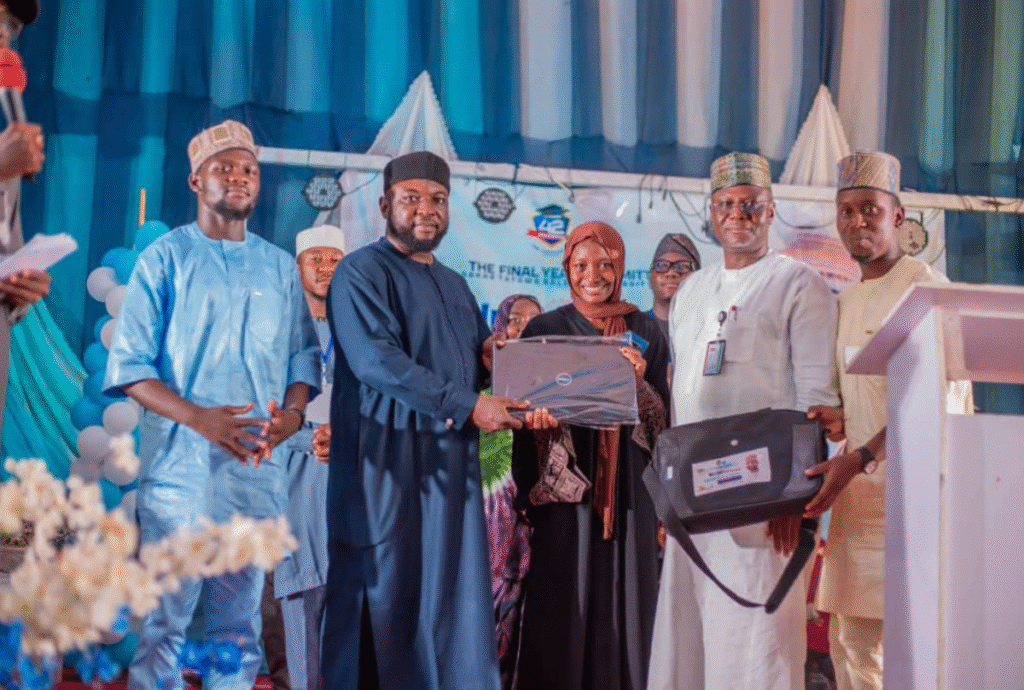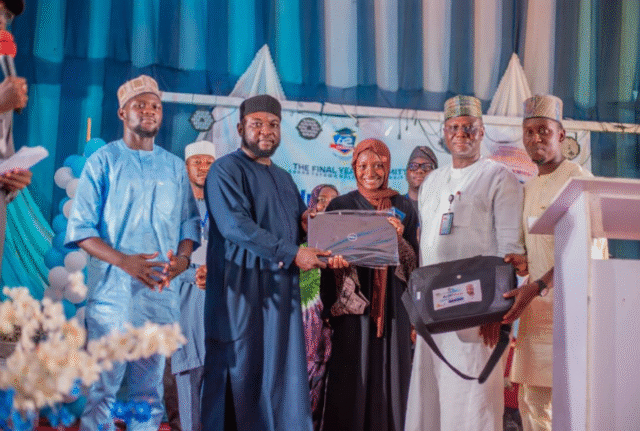On 25 August 2025, the National Information Technology Development Agency (NITDA), in collaboration with the Final Year Committee of Abubakar Tafawa Balewa University (ATBU), unveiled a bold and timely initiative in Bauchi State—“Upskill for Employability and Self-Reliance”.
The programme is designed to prepare Nigerian students with the skills needed to navigate today’s technology-driven economy, while also opening pathways for entrepreneurship and innovation.
Representing NITDA’s Director-General, the Acting Director of the Digital Literacy and Capacity Building Department, Dr Ahmed Tambuwal, explained that digital knowledge is no longer a luxury. He stressed that in every profession, whether in engineering, law, medicine, or the arts, digital competence now underpins productivity and success.
“This initiative,” he said, “is not just about teaching young Nigerians how to use computers. It is about giving them the confidence and capacity to build solutions, create jobs, and sustain themselves in a challenging economy.”

Table of Contents
Bridging the Digital Divide
The Upskill for Employability and Self-Reliance programme has two clear components. First, it provides foundational digital literacy, teaching essential computer skills, online safety, and digital communication. Second, it introduces advanced technical training, including cybersecurity, data skills, and the use of technology in entrepreneurship.
For many students, this is the first structured exposure to how digital tools can shape careers. One such student, Alih Lubabet, expressed her excitement after being gifted a laptop by NITDA alongside specialised cybersecurity training. She explained how the training is helping her pursue independence and financial security.
Her story reflects a wider reality: many Nigerian students have the determination and creativity to succeed, but lack the necessary tools and opportunities. By directly placing laptops, training, and mentorship in their hands, the programme is bridging gaps that often hold back young graduates.
Dr Tambuwal emphasised that this approach is part of NITDA’s broader mission to close Nigeria’s digital divide. He argued that without a workforce that can adapt to new technologies, Nigeria risks being left behind in the global economy.

A Wider National Effort
While the ATBU programme is a localised pilot, it connects to Nigeria’s larger digital transformation agenda. In July 2025, Cybervilla and the Ogun State government launched a digital and entrepreneurial skills initiative aiming to train 10,000 youths by 2027, starting with an initial 50 participants in Abeokuta.
Similarly, the Federal Ministry of Humanitarian Affairs, in partnership with DBI, SBTS Group, and Peaceinvest, announced a $150 million digital skills and employment scheme to benefit 50,000 Nigerians, focusing on both training and direct job opportunities.
Perhaps the most ambitious of all is the 3 Million Technical Talent (3MTT) programme, introduced in 2023. By 2027, it plans to train three million Nigerians in key technology fields. Already, the scheme has placed over 30,000 fellows in its first phase and rolled out training for another 270,000 in the second phase.
These overlapping initiatives show a country in transition, steadily weaving digital skills into the fabric of its workforce development. The ATBU programme is therefore part of a growing ecosystem designed to empower young Nigerians and boost national competitiveness.
Human Impact and the Road Ahead
The importance of this initiative goes beyond statistics and government policy. It is about the students whose lives will be reshaped. When Alih speaks of her gratitude for the laptop and training, she gives a human face to the programme’s impact. For her, and for many others like her, this is not just about employability—it is about dignity, independence, and the chance to chart one’s own path.
Experts note that for Nigeria to fully reap the benefits of these efforts, several things must be prioritised:
- Sustainability and Expansion – If programmes like this prove successful in Bauchi, they need to be scaled up to other universities and polytechnics across the country.
- Industry Partnerships – Students must connect directly with employers, incubators, and startups to transition smoothly from classroom learning to practical work.
- Inclusion – Women, rural communities, and disadvantaged groups should not be left behind in the digital shift.
- Curriculum Relevance – With technology evolving rapidly, training content must be updated constantly to reflect new realities in cybersecurity, AI, and digital business.
The broader goal is not just to reduce unemployment figures but to build a culture of self-reliance and innovation. A digitally skilled graduate is not only more employable but also more capable of launching startups, freelancing, or building tools that address local challenges.
The Bauchi launch signals a future where Nigerian graduates are not simply waiting for scarce white-collar jobs, but are actively creating opportunities for themselves and others.

Conclusion
Nigeria’s Upskill for Employability and Self-Reliance digital skills programme reflects a turning point in how the nation approaches youth empowerment. Beyond speeches and policies, it shows that practical, hands-on interventions can equip students with the tools they need to thrive in the modern economy.
While challenges remain—scaling, funding, and ensuring inclusivity—the momentum is undeniable. Programmes like this, coupled with national initiatives such as 3MTT, are helping to build a workforce ready for both local impact and global competitiveness.
At its heart, the story is simple: give young Nigerians the skills and tools they need, and they will create the future.
As Alih’s experience shows, sometimes all it takes is a laptop, the right training, and the belief that a student in Bauchi can one day lead Nigeria’s next wave of innovation.
Join Our Social Media Channels:
WhatsApp: NaijaEyes
Facebook: NaijaEyes
Twitter: NaijaEyes
Instagram: NaijaEyes
TikTok: NaijaEyes





